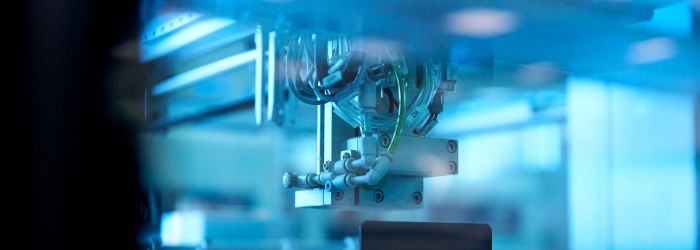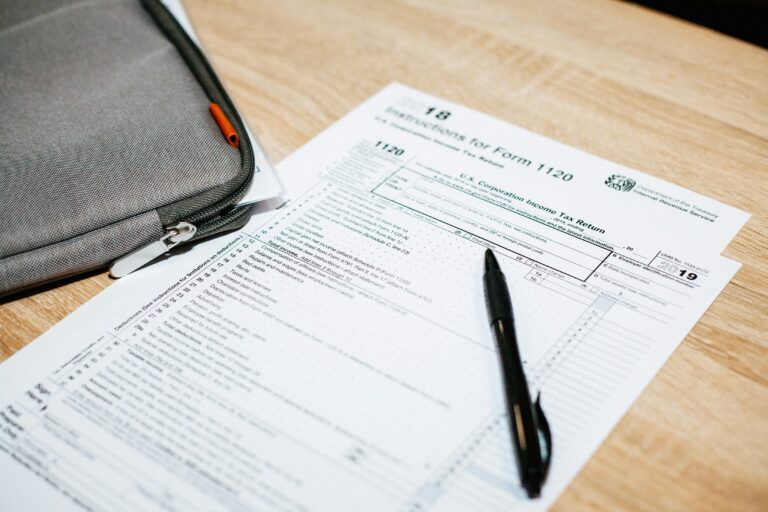
On February 13, 2024, the Minister of Finance issued a general interpretation on the possibility of including in the eligible costs of the research and development tax credit dues incurred by a taxpayer in a given month due to an employee’s absence, i.e. vacation and sick pay.
The R&D relief allows for a deduction from the tax base of so-called qualified costs that have been incurred for R&D activities. This results in an additional deduction – once as part of the standard tax costs and a second time as part of the R&D relief.
Position of tax authorities
According to the previous position of the Ministry of Finance and the tax authorities presented in issued tax interpretations, the “general working time of an employee in a given month” referred to in the tax regulations on the R&D tax credit was interpreted exclusively as time actually worked. The position of the tax authorities excluded the possibility of including costs related to an employee’s excused absence (e.g., vacation or illness) in the eligible costs of the R&D tax credit.
Position of the administrative courts
In the jurisprudence of administrative courts, the view is presented that the time of an employee’s excused absence (vacation or illness) is directly related to the employment relationship, and therefore cannot be excluded from the eligible costs of the research and development tax credit. The above position is confirmed by numerous judgments: NSA judgment of December 14, 2022, ref. II FSK 1204/20; NSA judgment of October 11, 2022, ref. II FSK 364/20; NSA judgment of January 11, 2022, ref. II FSK 1247/21.
General interpretation by the Minister of Finance
In the general interpretation issued, the Minister of Finance confirms that the provision of Article 26e(2)(1) of the PIT Law and Article 18d(2)(1) of the CIT Law, which define qualified expenses, should not be understood solely grammatically. It is necessary to take into account both the systemic and functional interpretation of this provision and the results to which their application leads. In view of the above, it is reasonable to indicate unequivocally that the catalog of income defined in Article 12(1) of the PIT Law also includes, not literally mentioned in the aforementioned laws, the employee’s income related to excused absence, i.e. vacation and sick pay. Consequently, the individual components of an employee’s salary, i.e. vacation and sick pay, should be treated as components of a salary cost eligible for the research and development tax credit, to the extent that, to incur them, the employer is obligated under separate regulations and in compliance with all other requirements imposed on the taxpayer by the content of Article 26e of the PIT Act and Article 18d of the CIT Act, respectively, including in particular: determining whether the cost in question is a deductible expense of the relevant tax year and establishing the employee’s involvement in the implementation of research and development activities.
Therefore, in light of the above, there is no legal basis for excluding from the catalog of eligible expenses of the research and development allowance the dues incurred by the employer, constituting, in accordance with Article 12(1) of the PIT Law, the income of an employee performing research and development activities, and obtained when he does not perform work due to an excused absence. Both vacation and sick pay constitute the employee’s income referred to in Article 12(1) of the PIT Act.
Other conditions
In the general interpretation issued, the Minister of Finance reiterated that, in order to take advantage of the research and development tax credit, a taxpayer must still meet all the required conditions set forth in the income tax laws, including in particular Article 26e of the PIT Act and, respectively, Art. 18d of the CIT Act, i.e., among other things, to show in the annual tax return the costs incurred in connection with the conduct of research and development activities, which fall within the closed catalog set forth in the aforementioned regulations, and the costs incurred must be tax-deductible for the taxpayer. The taxpayer must also generate income other than capital gains income, and qualified costs incurred for research and development activities, in accordance with Article 26e(5) of the PIT Law and Article 18d(5) of the CIT Law, respectively, are deductible if they have not been reimbursed to the taxpayer in any form or deducted from the income tax base.
In addition, taxpayers engaged in research and development activities who intend to take advantage of the deduction of qualified costs under the research and development tax credit are obliged to separate the costs of research and development activities in their accounting records (corporate taxpayers) or in their tax income and expense ledger or in their books of accounts (in the case of personal income taxpayers).
It should be noted that the cost associated with the employment of an employee (including for vacation or sick time), may be included in the eligible costs of the R&D tax credit only to the extent that the time spent on R&D activities remains in the employee’s total working time in a given month. The provision of Article 26e(2)(1) of the PIT Law and Article 18d(2)(1) of the CIT Law, respectively, requires that the employee’s salary costs be broken down by month, and consequently, the involvement of an employee performing research and development activities in part or all of his or her working time must also be determined by month. The taxpayer is required to have documentation justifying the involvement of individual employees in the performance of research and development activities.
Our support
If you are interested in:
– Assessment of eligibility for relief
– Interpretations of tax law
– Preparation of documentation and records
– Verification/support in settling the relief
please contact us.





